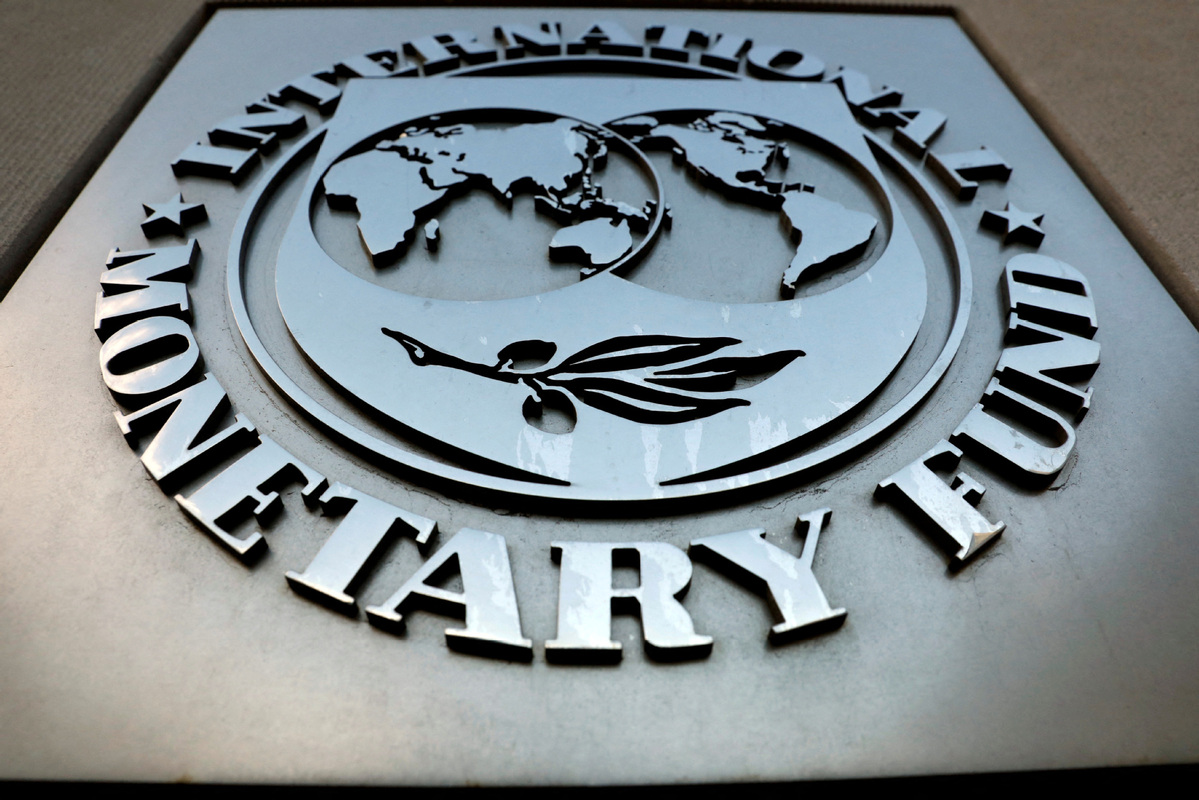The IMF warns of more risks, lowering projection for global economy


The International Monetary Fund has warned about the global economic outlook, downgrading its growth projections and highlighting many challenges, from escalating geopolitical conflicts to the looming threat of increased trade protectionism.
In its updated World Economic Outlook released on Tuesday, the IMF projects global output to expand by 3.2 percent next year, unchanged from its July forecast, and by 3.2 percent in 2025, a slight decrease from its July estimate.
"The risks are building up to the downside," said IMF Chief Economist Pierre-Olivier Gourinchas at the news briefing on the report. "There is geopolitical risk, with the potential for escalation of regional conflicts," he added, noting that such conflicts could significantly impact commodity markets.
Gourinchas also pointed to "a rise of protectionism, protectionist policies, disruptions in trade that could also affect global activity".
While the IMF report doesn't explicitly address the upcoming US presidential election, the looming contest casts a long shadow over the annual meetings of finance ministers and central bankers from nearly 200 nations gathering in Washington for the 2024 Annual Meetings of the IMF and the World Bank Group. The potential impact of different trade policies on the global economy is a significant concern.
The newest World Economic Outlook projected China's growth to be 4.8 percent for this year, slightly down from the forecast of 5 percent in July. It kept its projection of 4.5 percent for 2025.
The report said that the decrease was due to challenges in the real estate sector and weak consumer confidence, which was somewhat compensated for by a boost in China's net exports.
Gourinchas said that the IMF has seen "a number of measures that have been announced since the end of last month".
"First measures, monetary and financial measures, announced by the People's Bank of China, and then some fiscal measures that were announced a few weeks ago," he said.
"These measures, in general, go in the right direction from our perspective."
Since late September, various departments of the Chinese government have announced a number of incremental measures and took actions involving monetary and fiscal policy to prop up the property sector, like lowering borrowing rates or trying to improve the balance sheets of property developers, as well as applying a set of fiscal tools including local government special-purpose bonds, special funds and taxation policies.
"We're waiting to see the details," said Gourinchas, mentioning that more recent measures "are not incorporated in our forecast".
According to the report, the growth forecast for developed economies was revised to 1.8 percent, a slight increase of 0.1 percentage point from its July forecast. Among them, the US economy is now expected to grow at 2.8 percent in 2024, an upward revision of 0.2 percent from July.
However, this positive momentum is tempered by a downward revision for advanced economies in the euro region, which are now projected to grow at a more modest 0.8 percent this year, a downward revision of 0.1 percentage point from July. Emerging markets and developing economies continue to demonstrate resilience, with economic growth forecast at 4.2 percent in 2024, unchanged from the July forecast.
The World Economic Outlook commended central banks for their efforts in curbing inflation without triggering a recession, a feat Gourinchas described at the briefing as "a major accomplishment", saying that the battles against inflation were "almost won".
On the other side, the IMF report highlighted the issue of global public debt, which is projected to reach a staggering $100 trillion by the end of this year, warning that "risks to the debt outlook are heavily tilted to the upside".
In an IMF blog published after the World Economic Outlook's launch, Gourinchas wrote: "Growth is projected to hold steady, but amid weakening prospects and rising threats, the world needs a shift in policy gears." He suggested "triple policy pivots" on monetary and fiscal policy and the "hardest" pivot toward growth-enhancing reforms.
Gourinchas mentioned some industrial and trade policy measures "often lead to retaliation and fail to deliver sustained improvements in standards of living".
"They should be avoided when not carefully addressing well-identified market failures or narrowly defined national security concerns," he said.
At the end of his blog, Gourinchas added that "building trust" is "an important lesson that should also resonate when thinking about ways to further improve international cooperation and bolster our multilateral efforts to address common challenges".

































